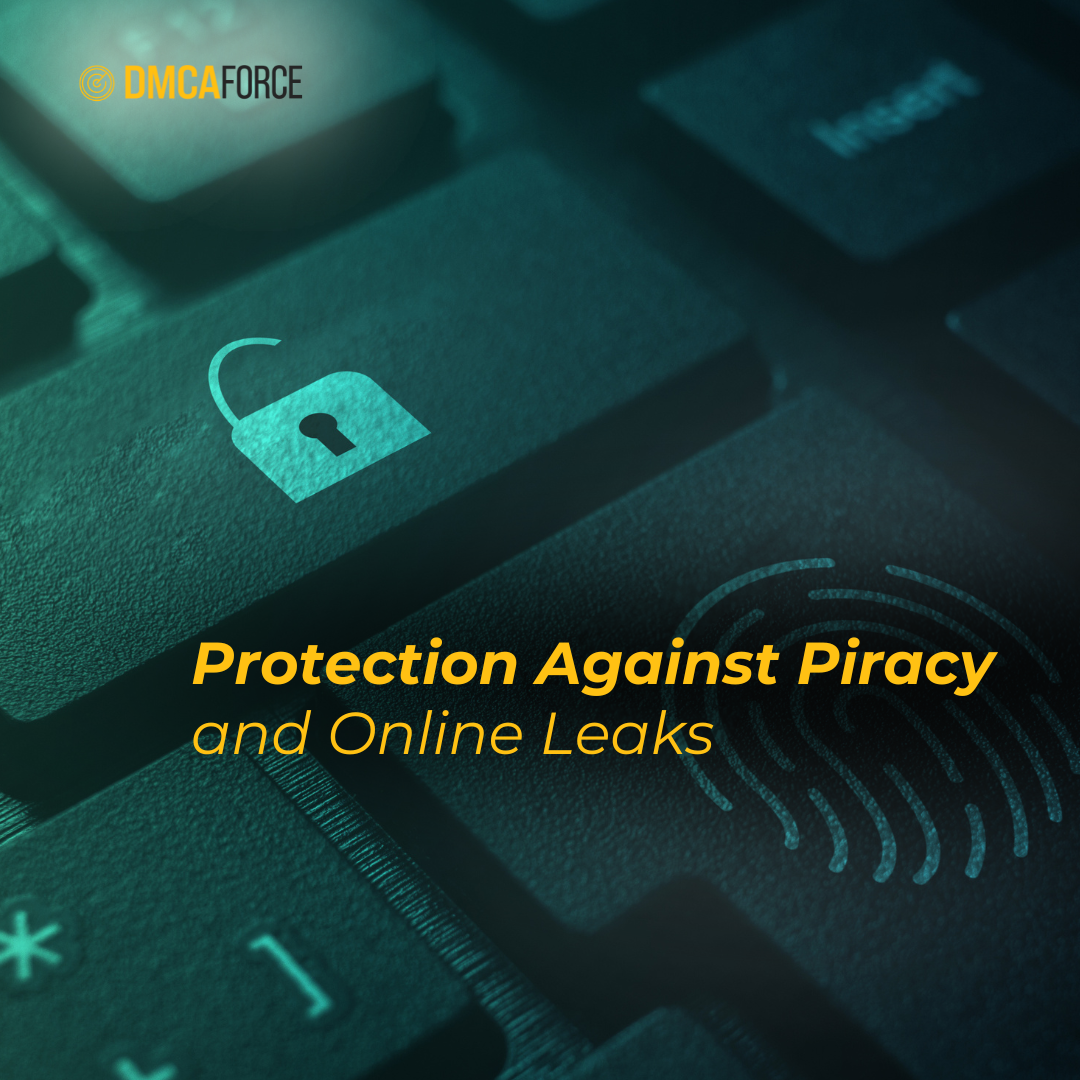News

Is There Such a Thing as a ‘Legitimate’ Cyberlocker?
Whether you call them “cyberlockers,” “file lockers” or “cloud hosting services,” sites that yeezy scarpe offer both file storage and file sharing capabilities to their users have been in the news a lot lately, often not in a positive context.
In the midst of the ongoing Megaupload story and Australian webmaster Robert King’s mission to make life difficult for various allegedly illicit cyberlockers, yeezy scarpean interesting question comes to mind: Is there any such thing as a legitimate and/or responsible cyberlocker?
Despite the potential for abuse inherent in the way cyberlockers function (those that offer a financial incentive to encourage file sharing by their members, in particular), DMCAForce’s answer to that question is a resounding “yes.” The problem with cyberlockers is not the technology itself; the problem is in what some unscrupulous site operators do with that technology.
Take the allegations in the Megaupload case, for example; if the prosecution proves its claims concerning the alleged willful acts of copyright violation (including a mass ‘scraping’ of YouTube’s video library in 2006) the consequences for Megaupload won’t be a function of having run a file locker, they will be a function of having run a criminal enterprise. In other words, it’s not about a site’s technology, it’s about that site operators’ conduct.
In our view, any file locker that pays account-holders based on the number of views or downloads generated by the content uploaded by those account-holders is playing something of a dangerous game, because to many rights-holders, that sort of arrangement between a cyberlocker and its users looks an awful lot like providing customers with an incentive to infringe. Indeed, if you look at what the most popular, most downloaded and most viewed content on cyberlockers (and/or on the torrents), there aren’t too many home videos to be found on the list; the most popular files are, by and large, Hollywood movies, and usually relatively recently released ones, to boot.
While it’s unreasonable to expect a site the size of Megaupload to be entirely aware of all the files uploaded and shared across its system, there is such a thing as willful blindness, and in some cases cyberlocker providers are likely a whole lot more aware of the illegal activity taking place on their site and network than they will publicly admit. Some operators might not only be aware of the illegal acts, they might be the ones committing those acts, as well.http://www.sneaker2018.it/
So, if illicit cyberlockers are ones that turn a blind eye to infringement (or worse, are operated by those who engage in infringement directly) how does a legitimate cyberlocker conduct itself, by contrast?
For starters, any site that publishes or provides access to “user-generated content” (UGC) should abide by the safe harbor provisions of the DMCA. Even for sites based outside of the U.S., run by operators who may not believe themselves to be subject to U.S. law, it is still a good business practice to abide by the DMCA.
Beyond DMCA compliance, we also believe it isn’t a good sign if a cyberlocker includes an affiliate program that pays users based on the number of views and/or downloads that their uploaded content generates. Inevitably, such an arrangement invites users to upload the content that they believe will be the most popular with other users, and thereby the most profitable, as well. If you think about how many views the new Batman movie would attract, as opposed to the number generated by some random amateur homemade video, we think it is fair to say the former would be the bigger draw. For a lot of cyberlocker uploaders seeking to make money off of these affiliate programs, many of whom hail from countries with depressed economies and few job opportunities, the ease and speed of making money from content piracy is too great a temptation to withstand.
In short, there’s no reason why a cyberlocker can’t be a valid, law-abiding business. For that matter, cyberlockers enjoy a great deal of leeway under the law (more leeway than a lot of rights-holders are comfortable with, in fact). Running a cyberlocker as a legal, legitimate service doesn’t require a superhuman effort, just respect for the law, common sense, and the ability to resist the temptation of the “easy money” that piracy and other crimes often represent.
How to Protect Your OnlyFans Content from Online Leaks and Piracy
November 15, 2024

Protect Your Content on Telegram: Using DMCA Claims to Combat Piracy
November 13, 2024

Unlock Your Revenue Potential at the AW Summit 2024 in Bucharest!
September 10, 2024
Got questions about protecting your digital assets from copyright infringement?


